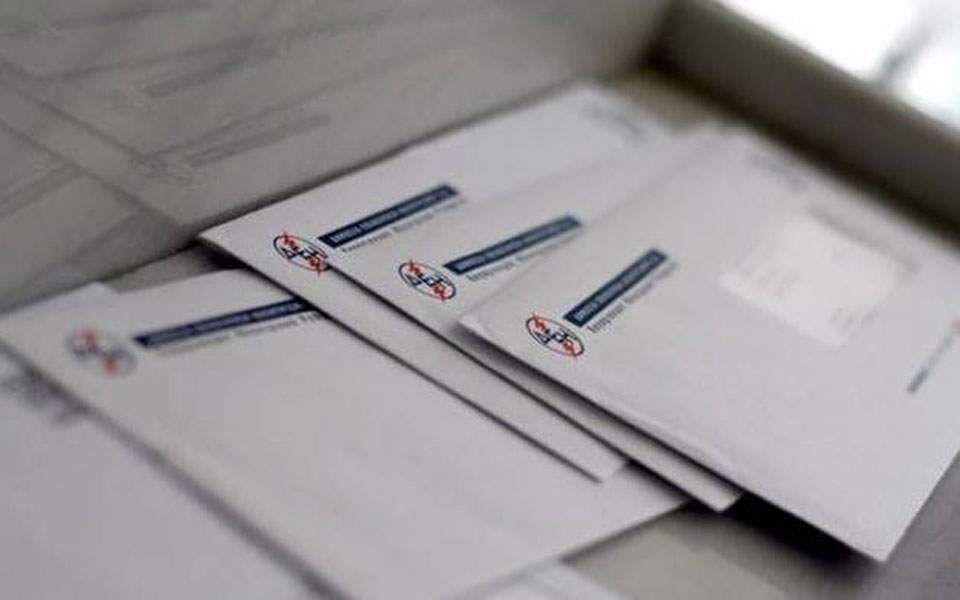Ombudsman for tackling energy complaints

The Regulatory Authority for Waste, Energy and Water (RAAEY) is putting a new tool at the disposal of consumers of electricity and natural gas from February 1, following a series of initiatives to strengthen their protection.
This is the service of the energy mediator’s, or ombudsman’s, office, which is aims at the out-of-court resolution of disputes between consumers and suppliers as well as energy managers, concerning the questioning of bills or the amount of consumption, the way debts are settled, ambiguity in charges, and problematic information, among other things.
A first presentation of this new service was made on Thursday by the regulator, and, according to its president, it is expected to examine about 60 requests every month.
It has been found that 15% of the approximately 20,000 consumer complaints submitted between September 2021 and January 2024 have not been answered satisfactorily by the companies concerned. Complaints peaked at the heart of the energy crisis in 2022 and reached 12,294 in May, before emergency measures, from 1,241 in the last four months of 2021, to fall to 6,000 in 2023, about 500 per month.
The work of the energy mediator will start after the consumer has not previously been satisfied with the answers they receive from the company about which they submitted a complaint on the MyRAE platform.
For the response to be classified as unsatisfactory, there must have been three responses from the company against which the complaint was submitted, or the company has not responded within a month. In these cases, the consumer will be able to transfer their complaint with all accompanying documents to the energy ombudsman through the new ENOMOS (Energy Ombudsman Organizing System) platform created for this purpose.
The energy ombudsman’s office will mediate with the company to which the complaint was addressed at no cost to consumers. It is required to complete its work within 90 days of receiving – either electronically or in writing – the complete complaint file. The solution it will propose is at the absolute discretion of the two parties to accept it or not. In the case of acceptance, an enforceable conciliation record is submitted to the Single-Member Court of First Instance and any claims will be deleted.





